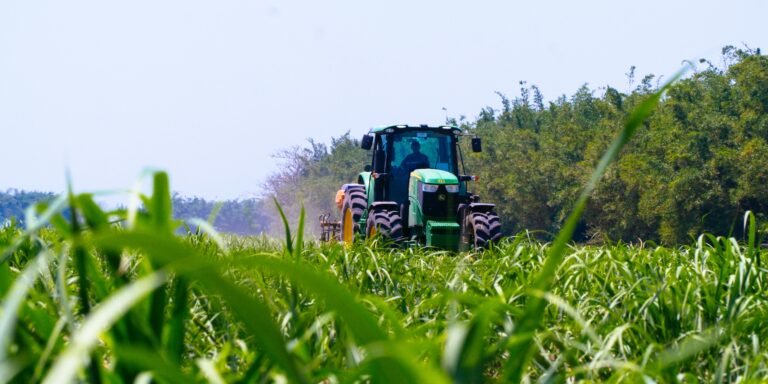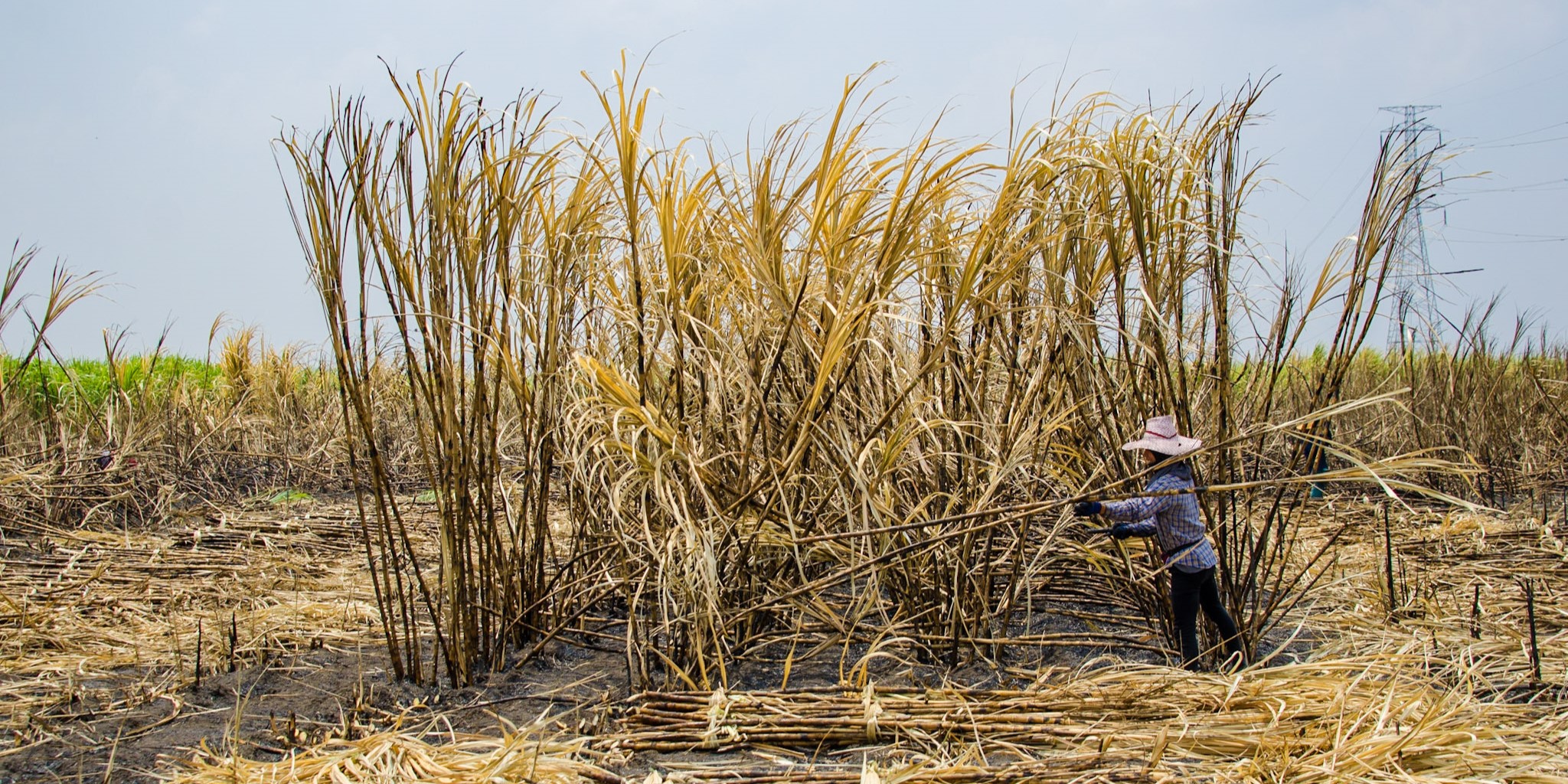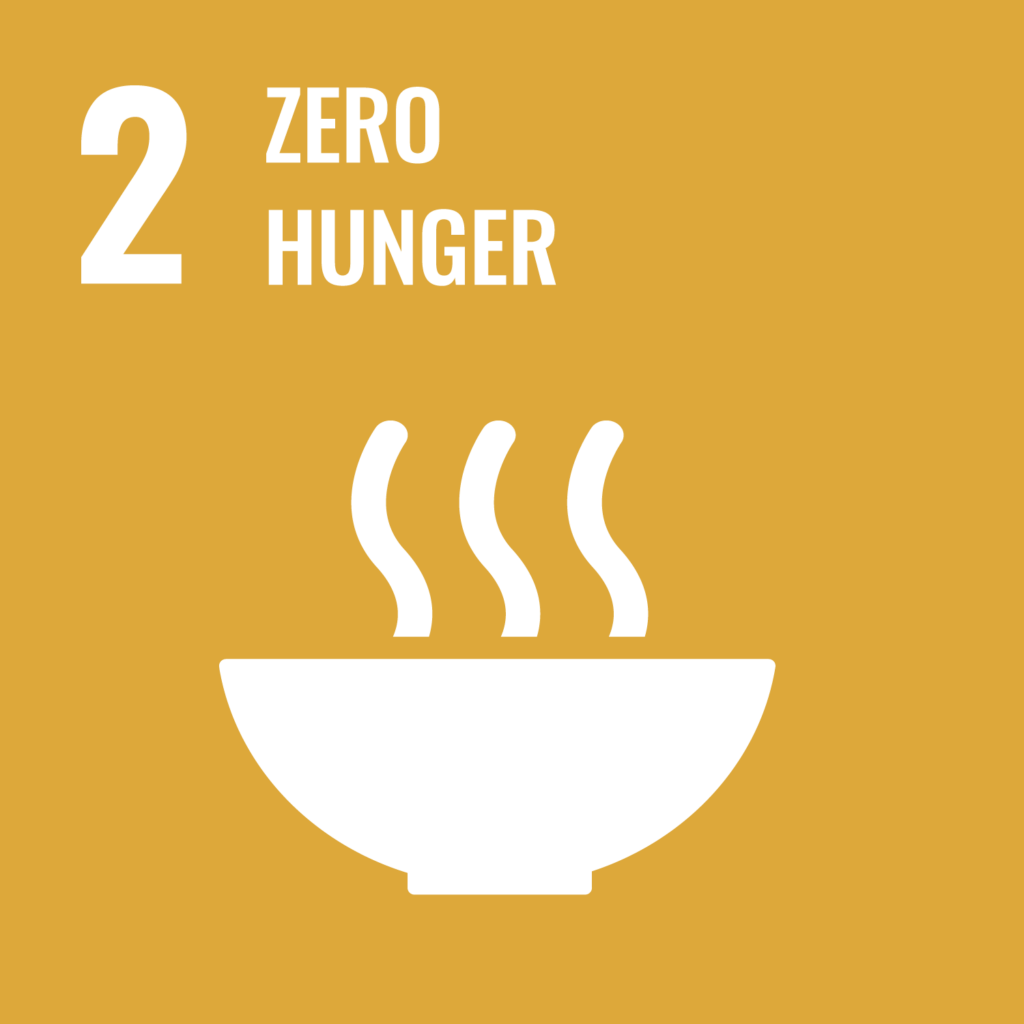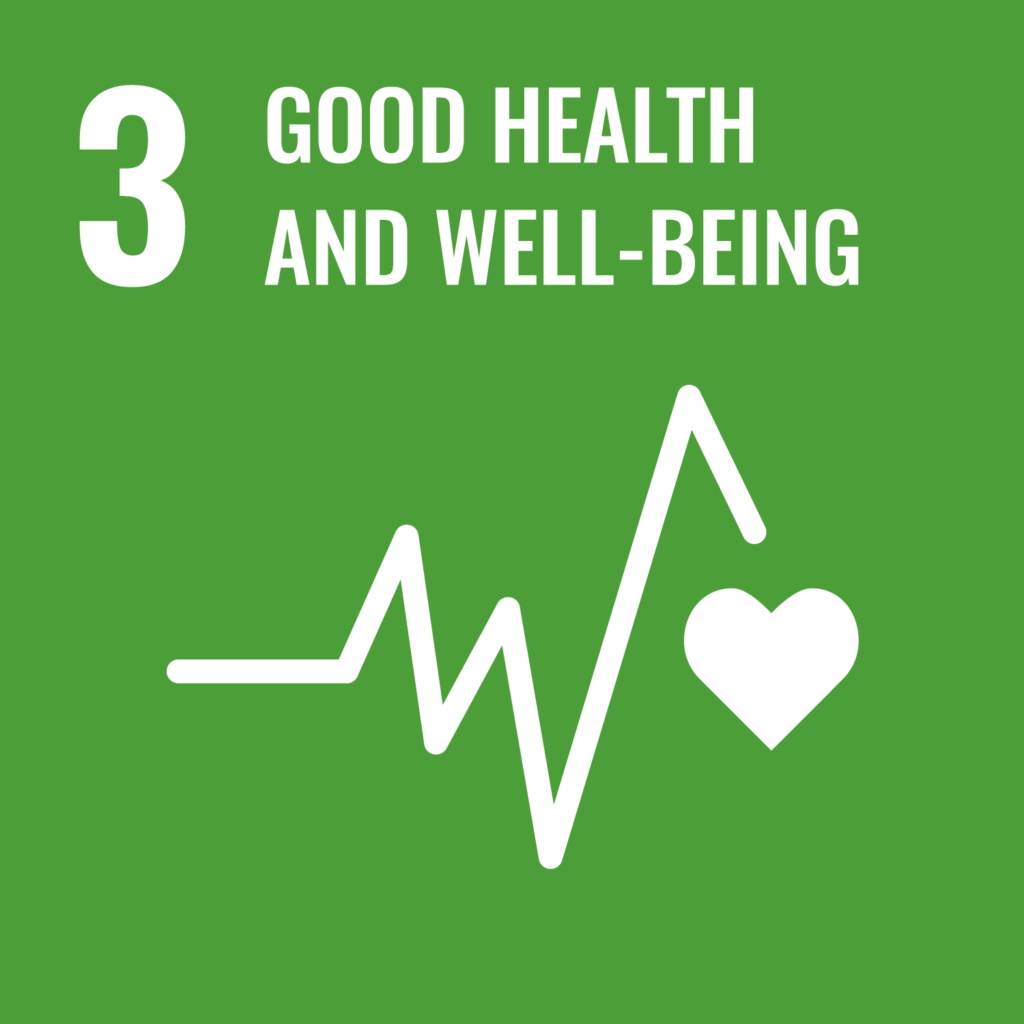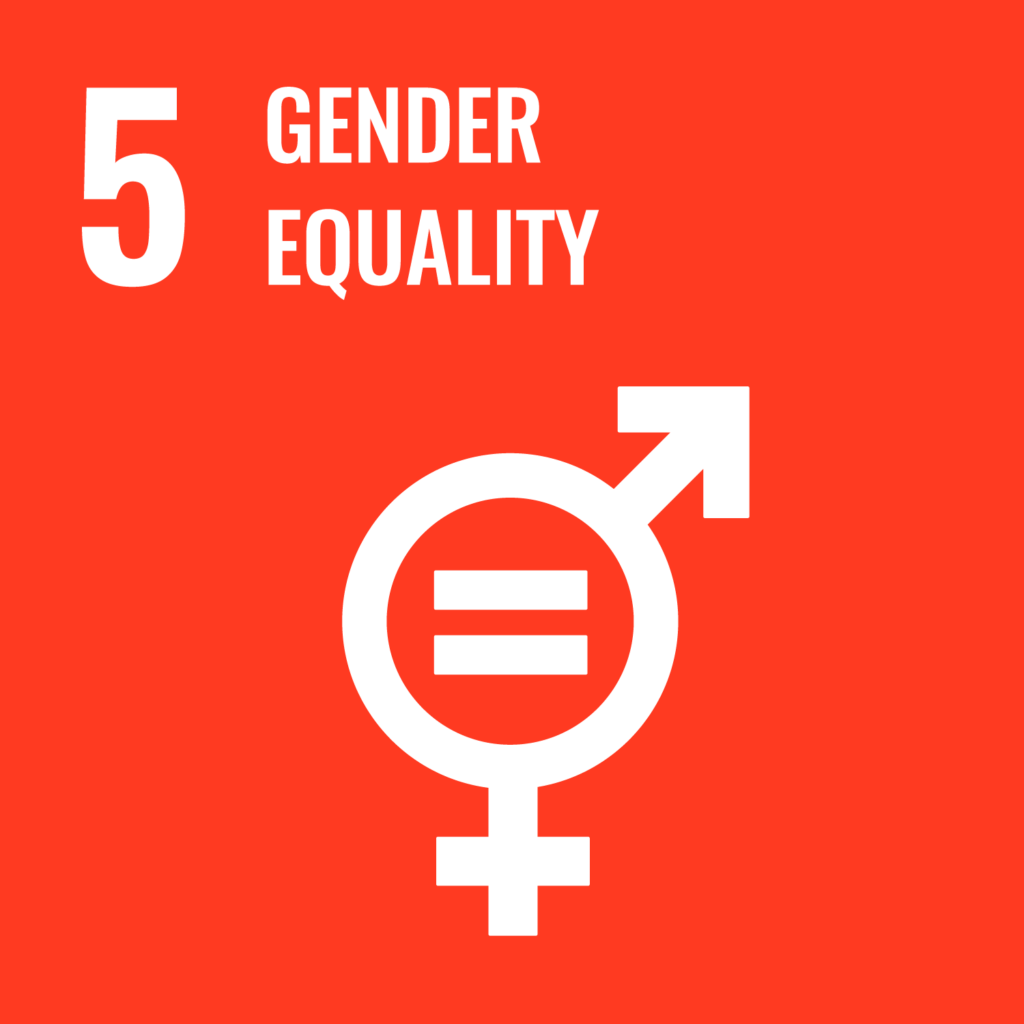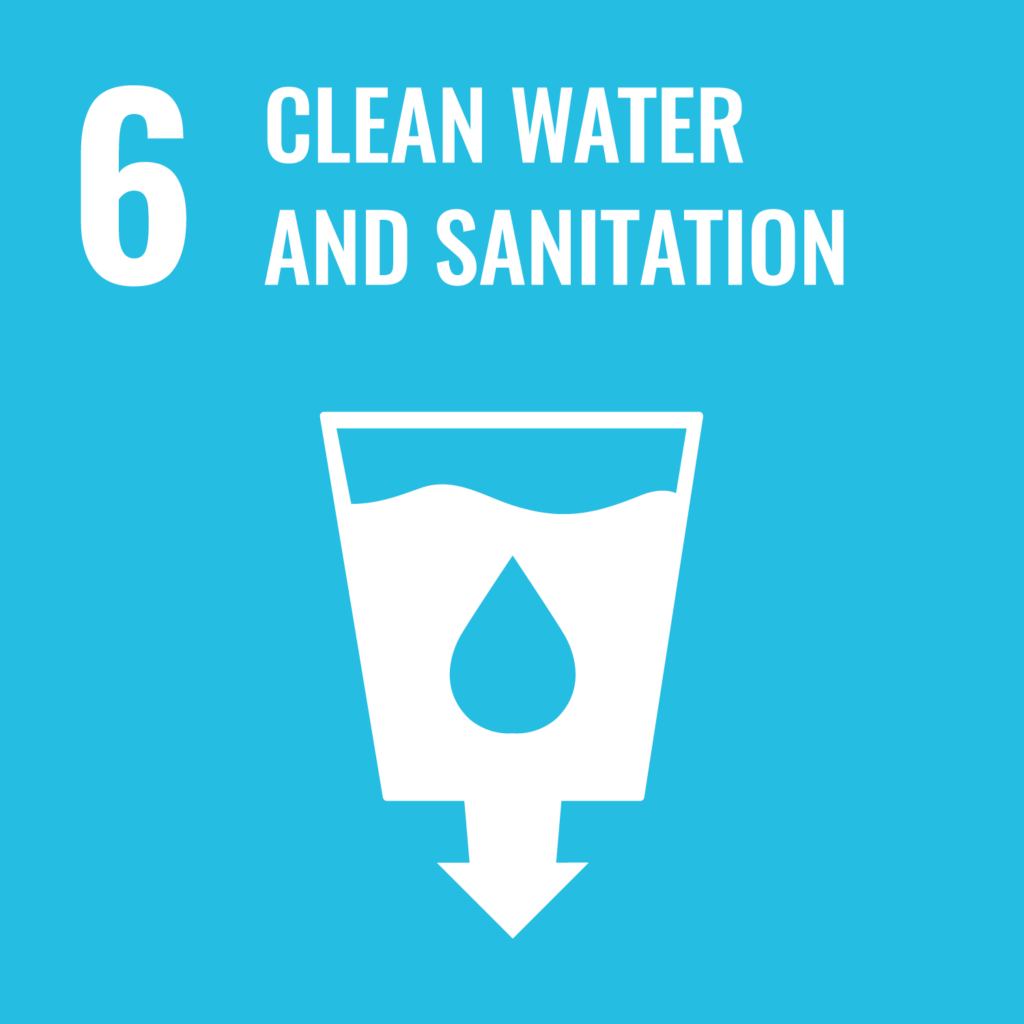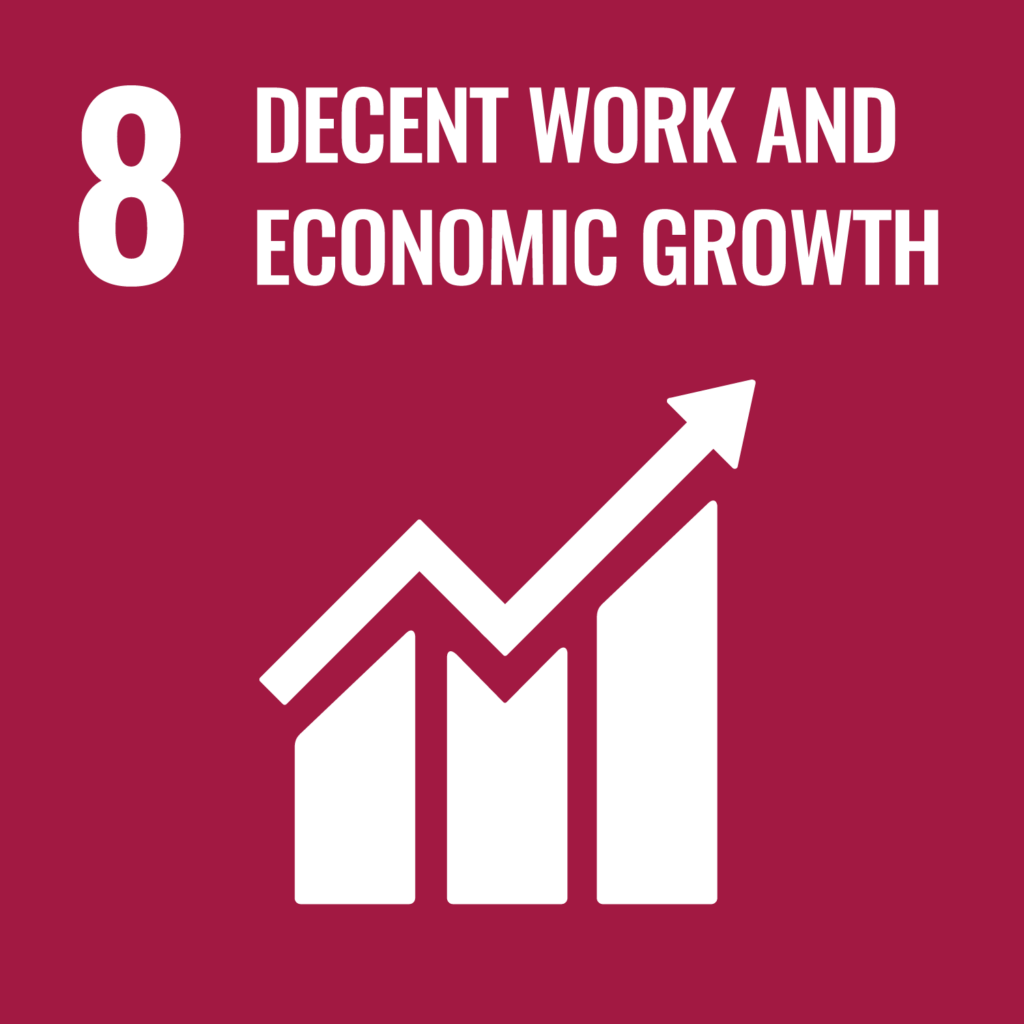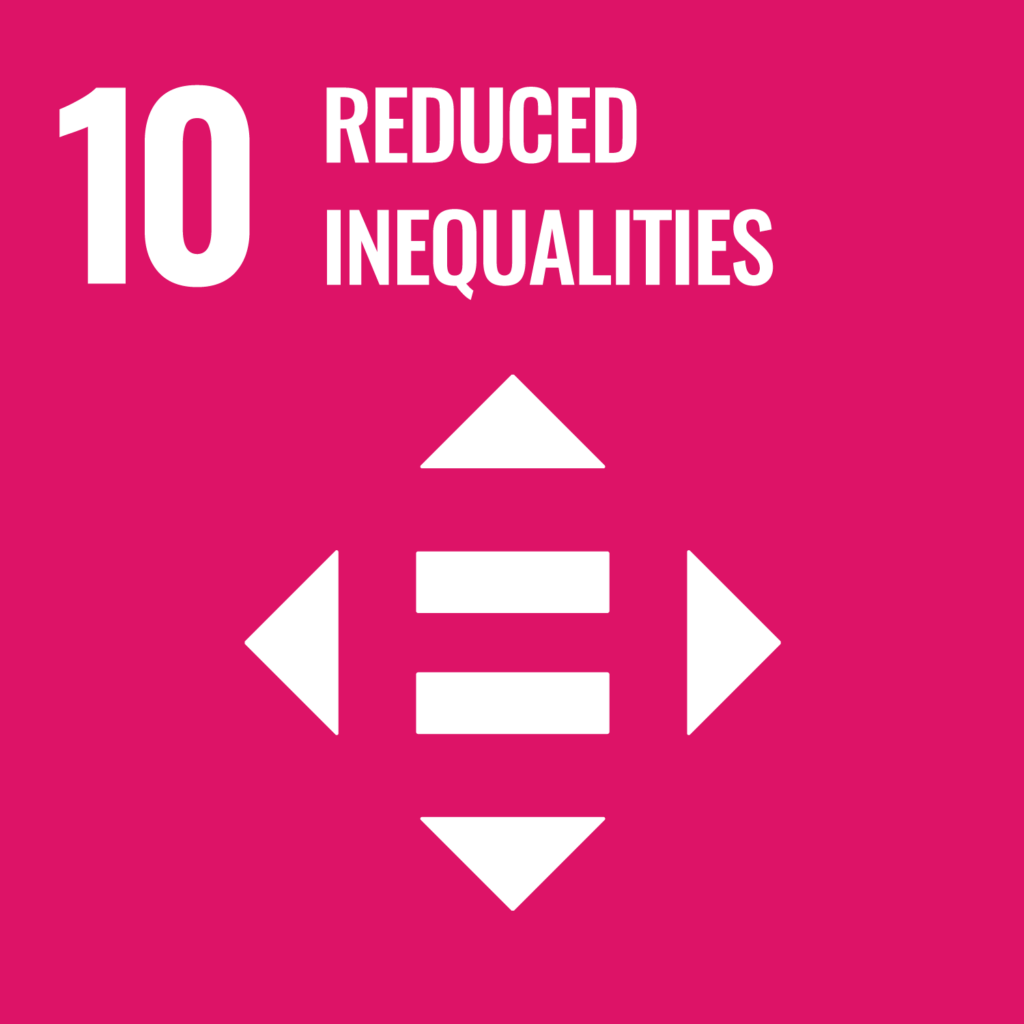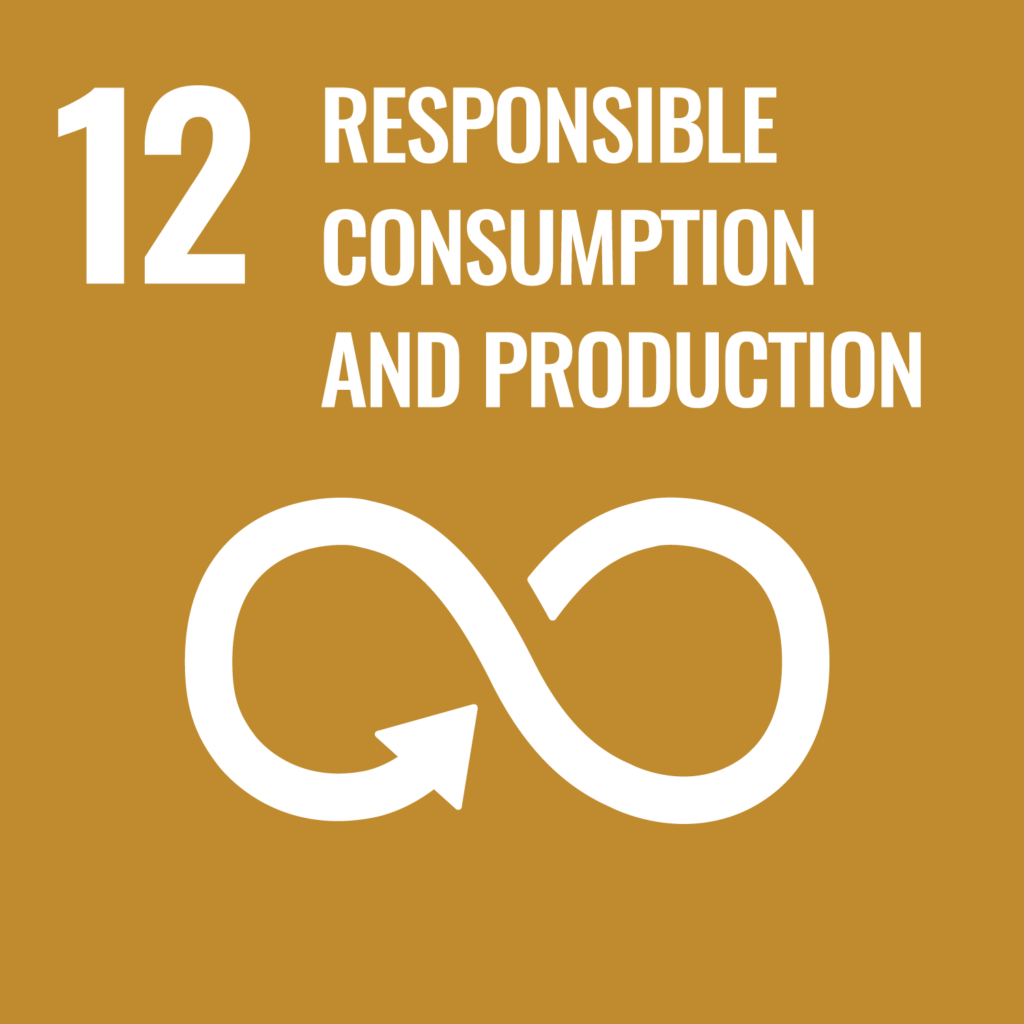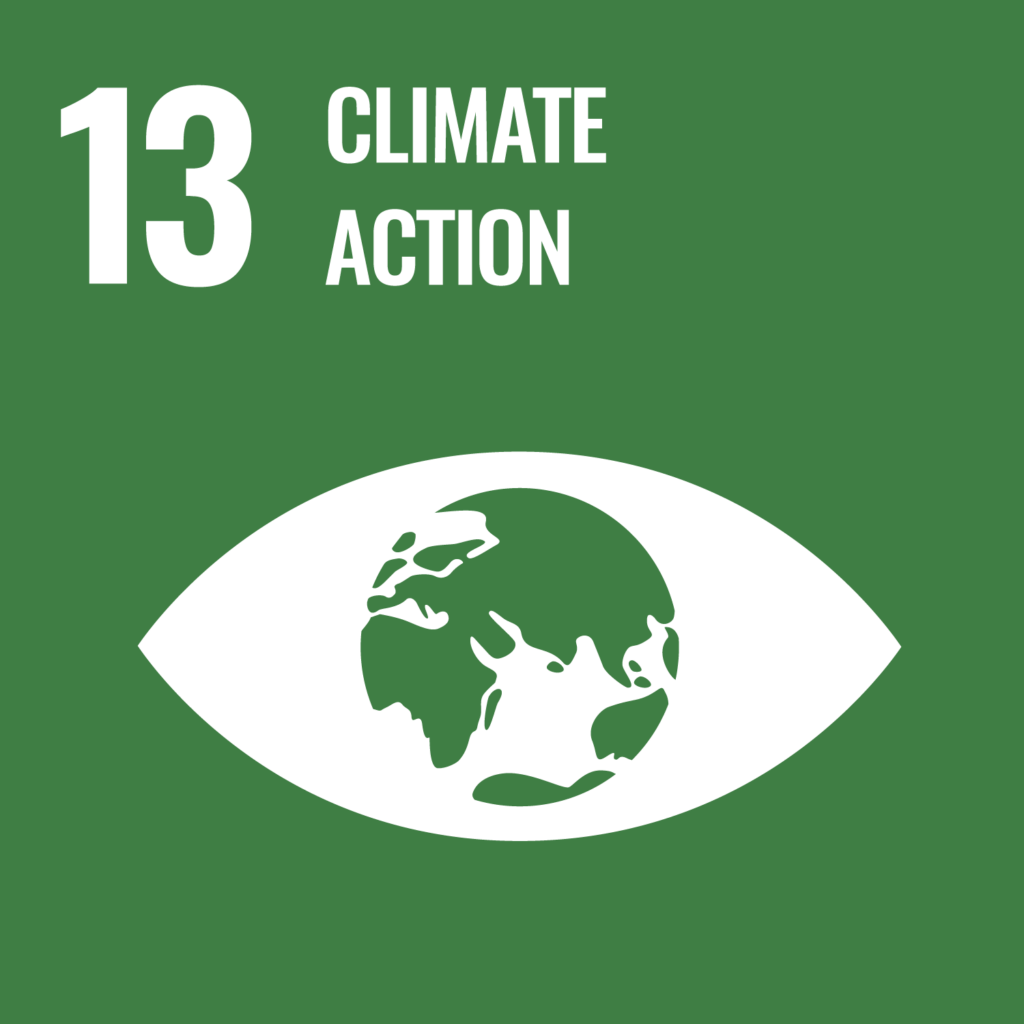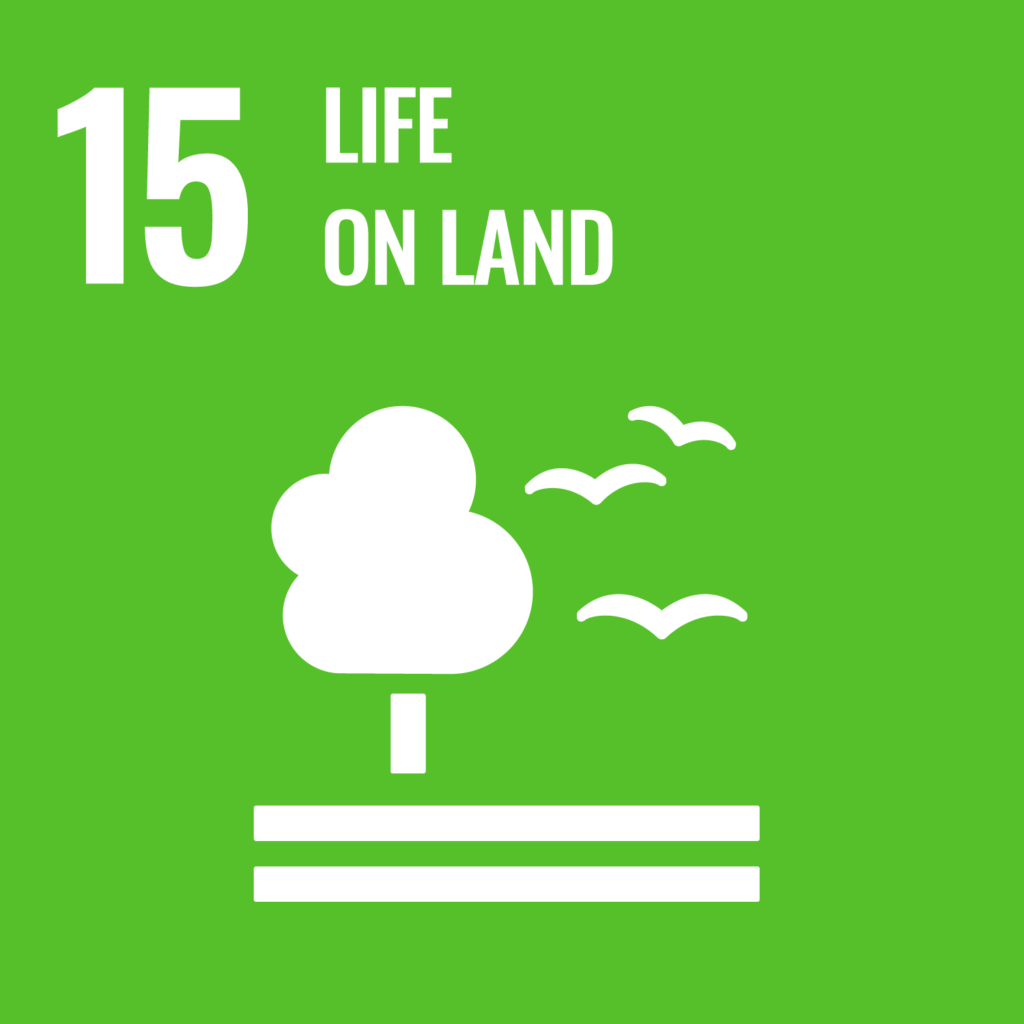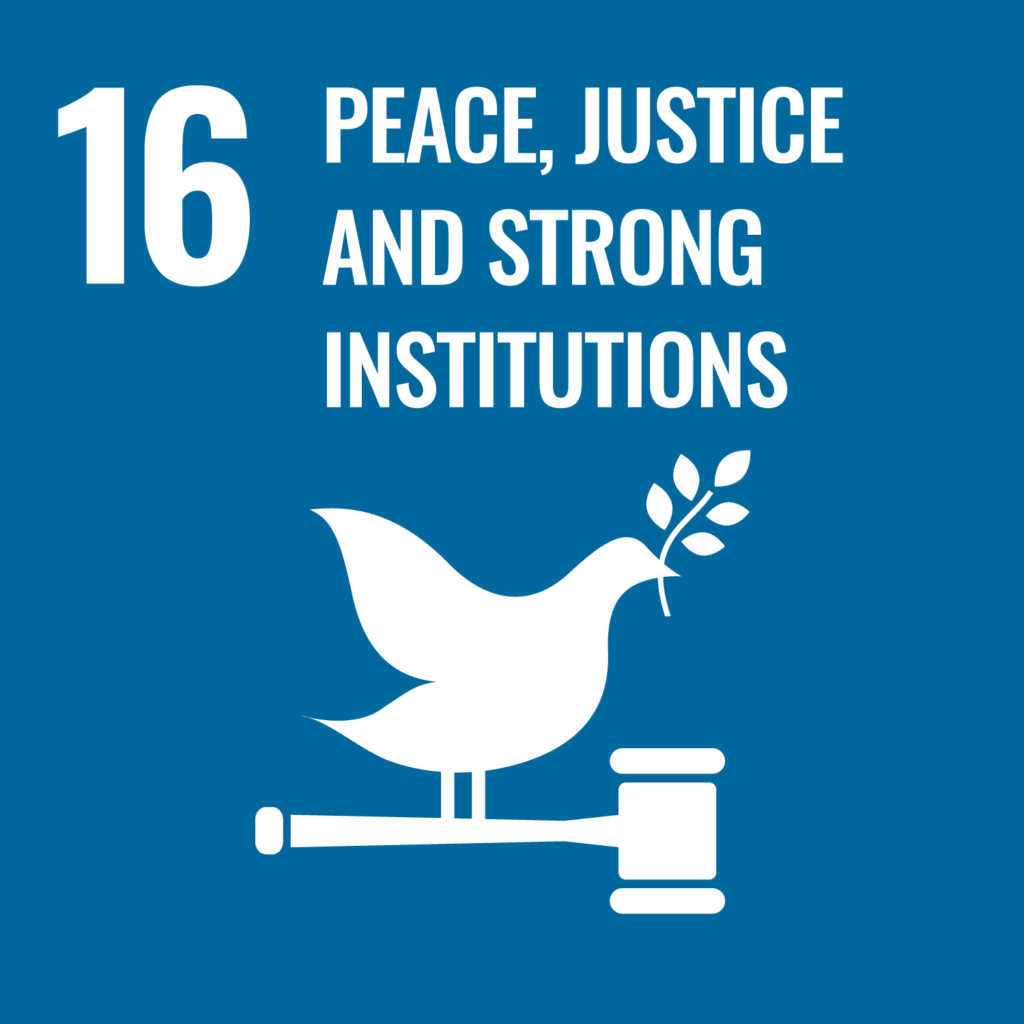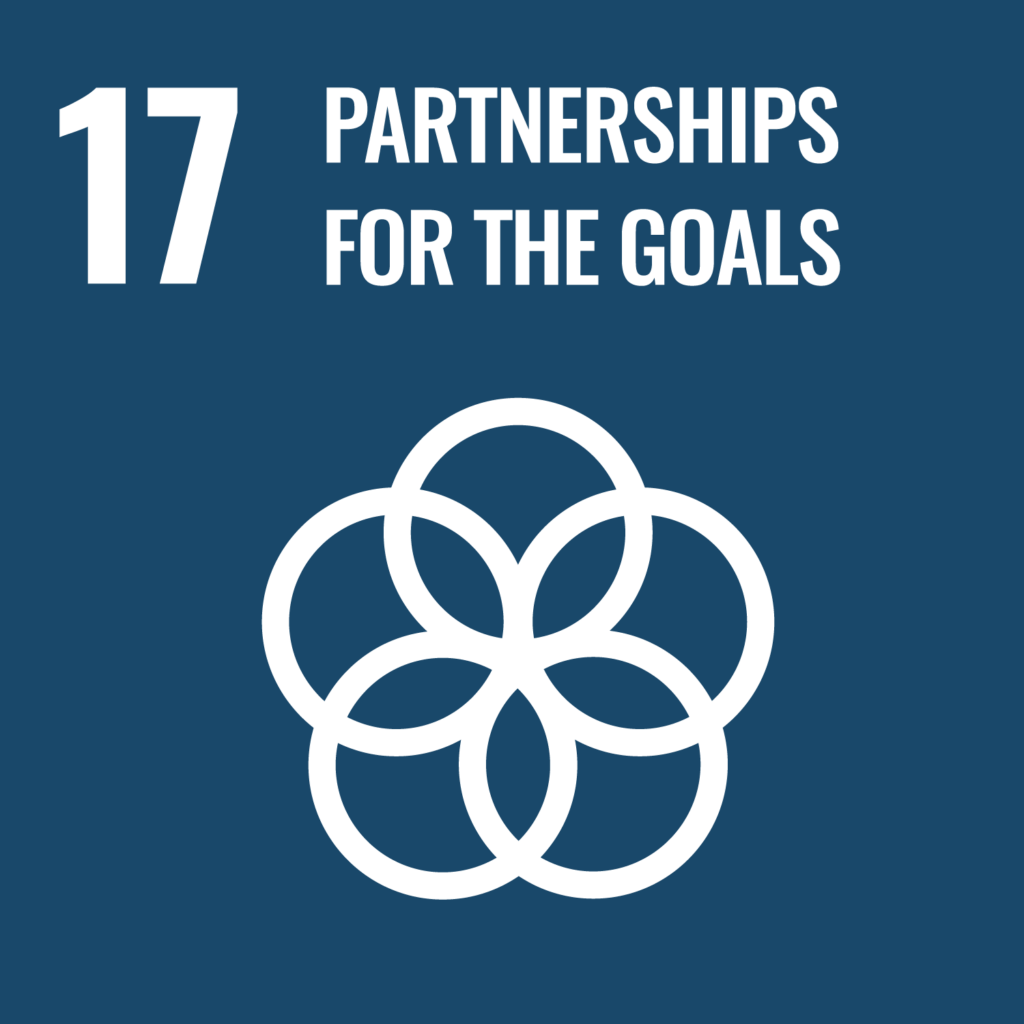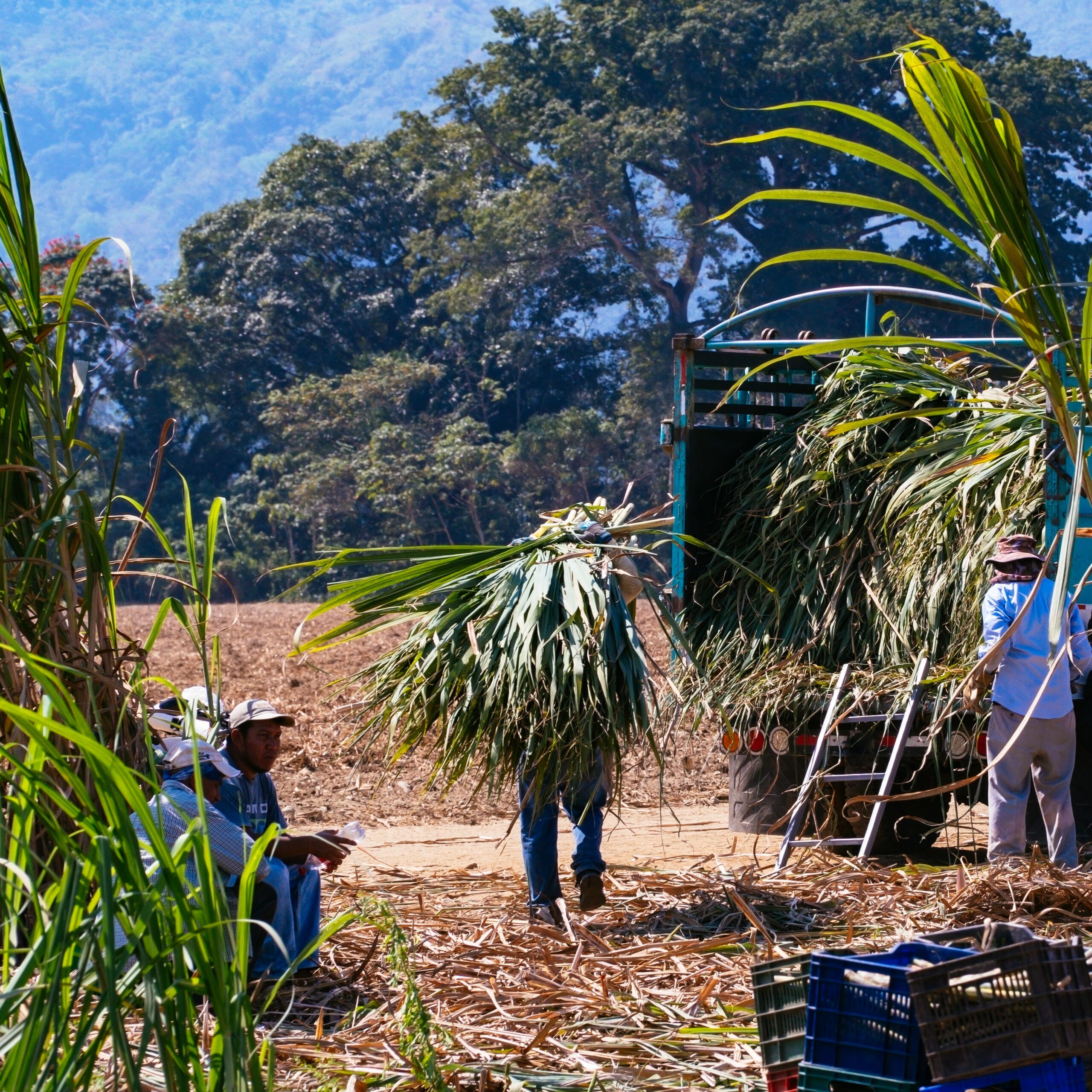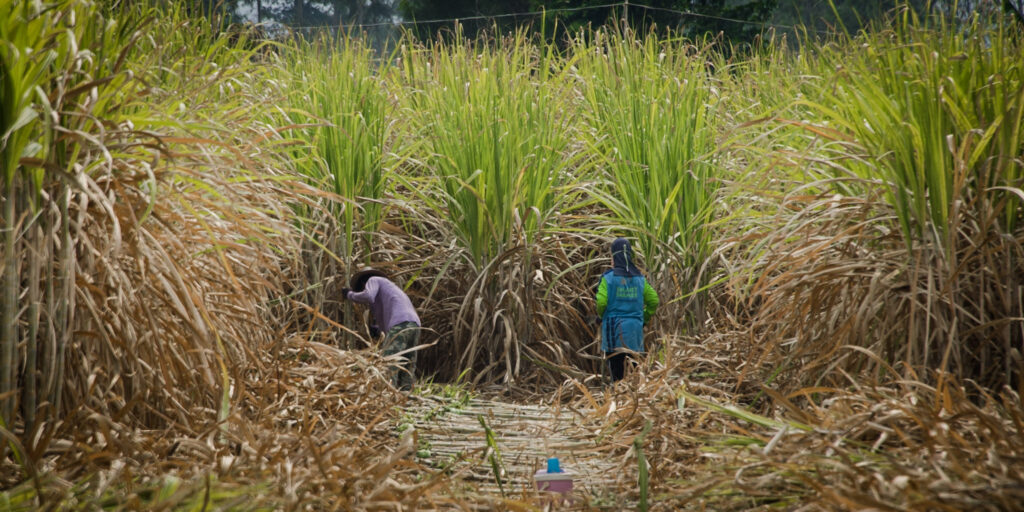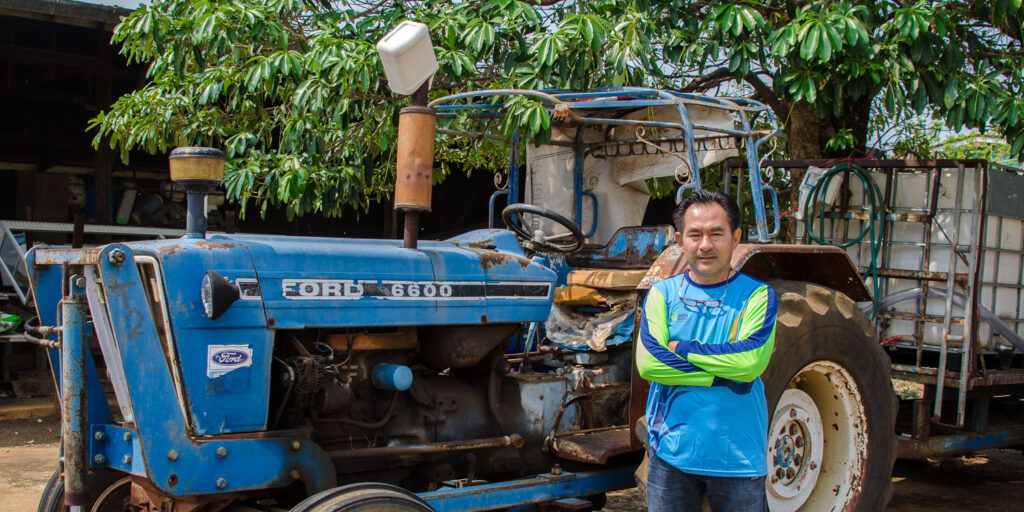The United Nation’s Sustainable Development Goals (SDGs) are a set of 17 global goals adopted by all United Nations Member States in 2015. The SDGs aim to end poverty, protect the planet, and ensure peace and prosperity for all people by 2030.
The goals integrate social, economic, and environmental sustainability and cover topics such as health, education, gender equality, climate action, and more.
Creativity, knowhow, technology and financial resources from all of society is necessary to achieve the SDGs in every context. Many businesses refer to the sustainable development goals in their ESG reporting because it is such a well-recognised framework used by local, national and international agencies.
Within each SDG there are targets and indicators describing interventions and approaches that help achieve the goals. Many of Bonsucro’s requirements for membership and certification align with specific SDG targets and indicators.




